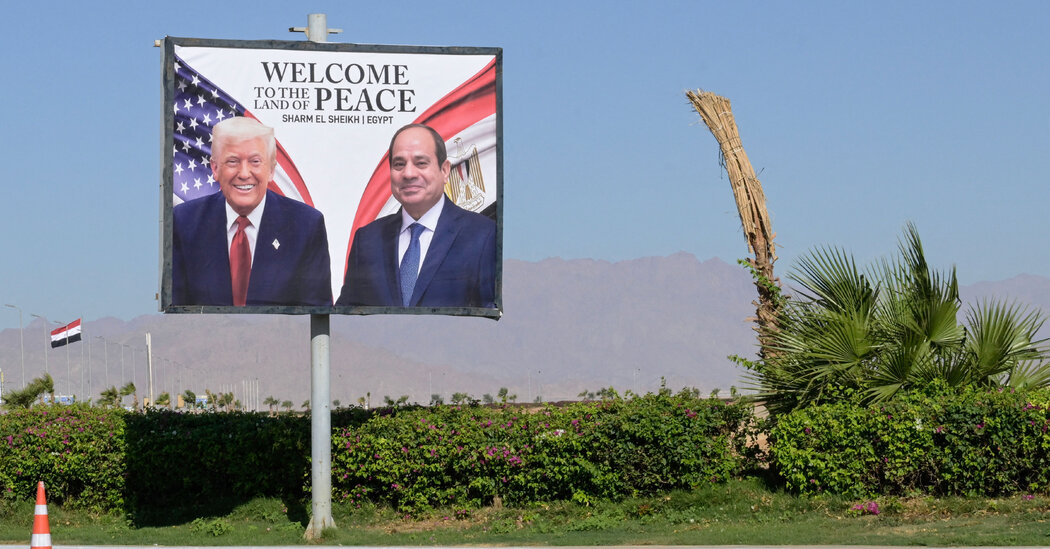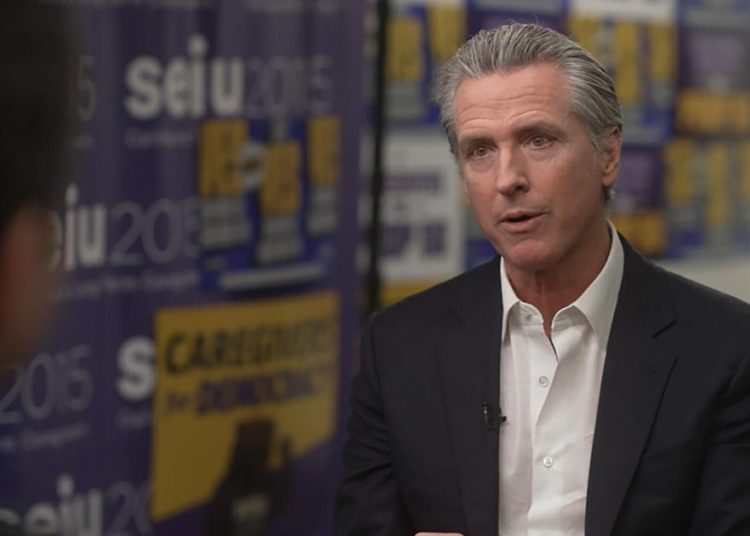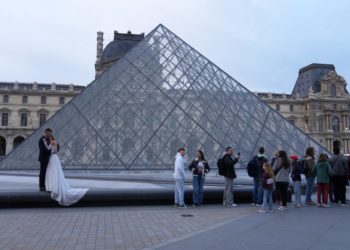As world leaders arrived at the recent summit in Sharm el Sheikh, an Egyptian resort town on the shores of the Red Sea, they passed billboards depicting President Trump and President Abdel Fattah el-Sisi of Egypt under the words TOGETHER IN PEACE. What kind of peace were they hashing out and who is it for?
For Mr. Trump, the common thread weaving together so much of what he does — at home and abroad — is power. Whether he is seeking a cease-fire in Gaza or Ukraine, bombing boats off the coast of Venezuela or deploying troops to American cities, the desired result is his personal aggrandizement and the empowerment of his presidency. When he pursues peace, it is personalized — a deal made with other strongmen rarely addresses underlying causes of conflict. When he makes war, it is also personalized — there is no expectation, for instance, that Congress must authorize his actions.
Of course, exhalation was in order earlier this month, when the remaining Israeli hostages were returned to their families, hundreds of imprisoned Palestinians were released and some aid began to move into Gaza. Mr. Trump deserves credit for applying more pressure on Prime Minister Benjamin Netanyahu of Israel than Joe Biden ever did. Yet there was little clarity coming out of the summit in Sharm el Sheikh about who would administer Gaza, how Hamas would disarm, or whether Israel would refrain from resuming its onslaught or annexing the West Bank. It felt more like a victory lap than a beginning.
Over the past two years, at least 20,000 Palestinian children have been killed, the International Criminal Court has charged Mr. Netanyahu with war crimes and a preponderance of experts determined that Israel committed genocide. As the cease-fire took hold, there was no reckoning with that reality. Instead, during a stopover in Jerusalem, Mr. Trump addressed the Knesset and called Mr. Netanyahu “a man of exceptional courage,” suggested that he be pardoned over criminal charges he is facing in Israel and praised the “victory” that Israel won.
If that is a victory, it comes with a cost. Alongside uncounted human remains, any semblance of a rules-based international order lies buried in Gaza’s mountains of rubble. Yet the new order emerging from this reality seemed just fine to most leaders gathered in Egypt. The host, Mr. el-Sisi, has detained an estimated 60,000 political prisoners and was celebrated by Mr. Trump for his effective crime-fighting. Among European leaders present, Mr. Trump singled out fellow right-wing populists Viktor Orban of Hungary and Giorgia Meloni of Italy for praise even though they had little to do with the cease-fire. Recep Tayyip Erdogan, who has led a transition to authoritarianism in Turkey, was also celebrated, along with Gulf Arab leaders who have invested heavily in the Trump family’s business interests. The Indonesian president, Prabowo Subianto, was caught on a hot mic asking Mr. Trump how to set up a meeting with his sons Eric and Don Jr., who run those family businesses.
Instead of emphasizing the work that remains to be done, particularly for Palestinians still living under siege with no path to self-determination, the principal White House message coming out of Egypt was Mr. Trump’s personal greatness — including a ceaseless campaign for a Nobel Peace Prize. We should not be naïve about the kind of peace Mr. Trump keeps touting. His is a world in which autocratic leaders make deals over the heads of the people, extrajudicial force is legitimized, conflicts simmer so long as they are kept off screens and corruption intermingles with diplomacy.
Far from resolving conflicts, Mr. Trump is simply embracing the victory of the stronger parties. In Ukraine, he has reportedly pressured its president, Volodymyr Zelensky, to cede roughly 20 percent of his country, while insisting upon American rights to Ukrainian minerals. In return, the Ukrainians are unlikely to get credible security guarantees, leaving them dismembered and vulnerable. Meanwhile, Russia’s president, Vladimir Putin, continues his assault knowing that he can end the Ukraine war when he chooses, on his own terms, without facing consequences for war crimes like his fellow I.C.C.-charged leader Mr. Netanyahu.
This geopolitics of might-makes-right suits Mr. Trump’s ambitions.
While he declares himself the “peace president,” his newly rebranded Department of War is blowing boats out of the water in the Caribbean with no domestic or legal basis. He has claimed that this killing is part of a counternarcotics strategy, although Venezuela is not a leading source of illegal drugs coming into the United States.
The real objective appears to be regime change. Already, Mr. Trump has labeled Venezuela’s dictatorial leader, Nicolás Maduro, a narco-trafficker, authorized C.I.A. covert operations in the country and deployed considerable military might near its borders. As a major oil producer with a left-wing government and right-wing opposition calling for American intervention, Venezuela makes a ripe target for Mr. Trump — so long as he ignores the sordid and counterproductive history of America’s recent regime change wars or the record of C.I.A.-sponsored coups in Latin America.
Mr. Trump’s ambitions will not end in Venezuela. Consider his approach to the Americas: Since returning to office, he has threatened airstrikes in Mexico, demanded the return of the Panama Canal, renamed the “Gulf of America,” mused about annexing Greenland and Canada, sanctioned Brazilian officials who prosecuted the former president Jair Bolsonaro for attempting a coup and extended a $20 billion bailout to another ideological ally — Javier Milei of Argentina.
Within the Western Hemisphere, Mr. Trump is beginning to act like Mr. Netanyahu in the Middle East or Mr. Putin within the former Soviet Union — a right-wing leader claiming a sphere of influence where he is free to act as he chooses. And the recent history of both those leaders shows how the blend of fear and nationalism that accompanies action within such a sphere of influence can strengthen a leader’s grip on power as increasing authorities are claimed and political opponents are cast as unpatriotic or even dangerous.
Mr. Trump similarly understands that his foreign policy is symbiotic with his domestic agenda. His strongman approach to peace — blending self-aggrandizing diplomacy with militarized shows of force — cannot be separated from his assumption of ever-increasing powers at home.
Over the past several months, events overseas have served as pretexts for power grabs within the United States. The Trump administration has used the war in Gaza as an excuse to crush free speech for pro-Palestinian protesters and compel certain universities to submit to federal dictates. Before the first boat was blown out of the water, the administration was deporting immigrants, citing the 1798 Alien Enemies Act — the justification being that we were being invaded by the Venezuelan gang Tren de Aragua, a group few Americans could name before it became omnipresent on Fox News. When Americans protested those deportation policies, Mr. Trump deployed the military to American cities to restore “order.”
It is this approach to politics that he shares with his preferred interlocutors overseas. The now-delayed choice of Budapest as a potential venue for a summit with Mr. Putin on Ukraine speaks volumes. There, he would be hosted by Mr. Orban, a fellow right-wing nationalist leader who has pursued an authoritarian playbook in Hungary that mirrored elements of Mr. Putin’s own consolidation of power in Russia and foreshadowed many moves Mr. Trump has made over the past decade. Conveniently, Mr. Orban also recently withdrew from the International Criminal Court, which would allow him to host Mr. Putin without questions about arresting the Russian leader for war crimes.
Ultimately, this is not peace — it is a world without the rules established after World War II to prevent a return of the lethal mix of authoritarianism and aggression that is once again ascendant. That kind of world can seem orderly for a time. On a particular day, it might even appear more peaceful. But history shows that when might makes right, things go terribly wrong.
Ben Rhodes is a contributing Opinion writer.
The Times is committed to publishing a diversity of letters to the editor. We’d like to hear what you think about this or any of our articles. Here are some tips. And here’s our email: [email protected].
Follow the New York Times Opinion section on Facebook, Instagram, TikTok, Bluesky, WhatsApp and Threads.
The post The Thread Tying Together Everything Trump Does appeared first on New York Times.




